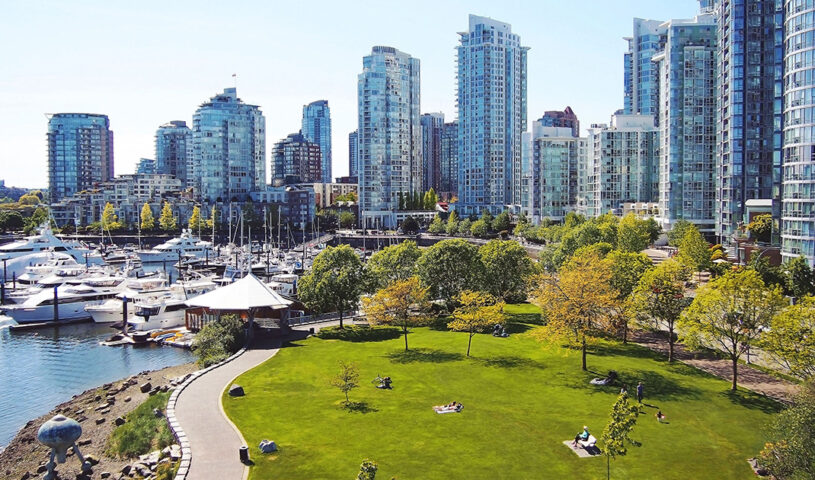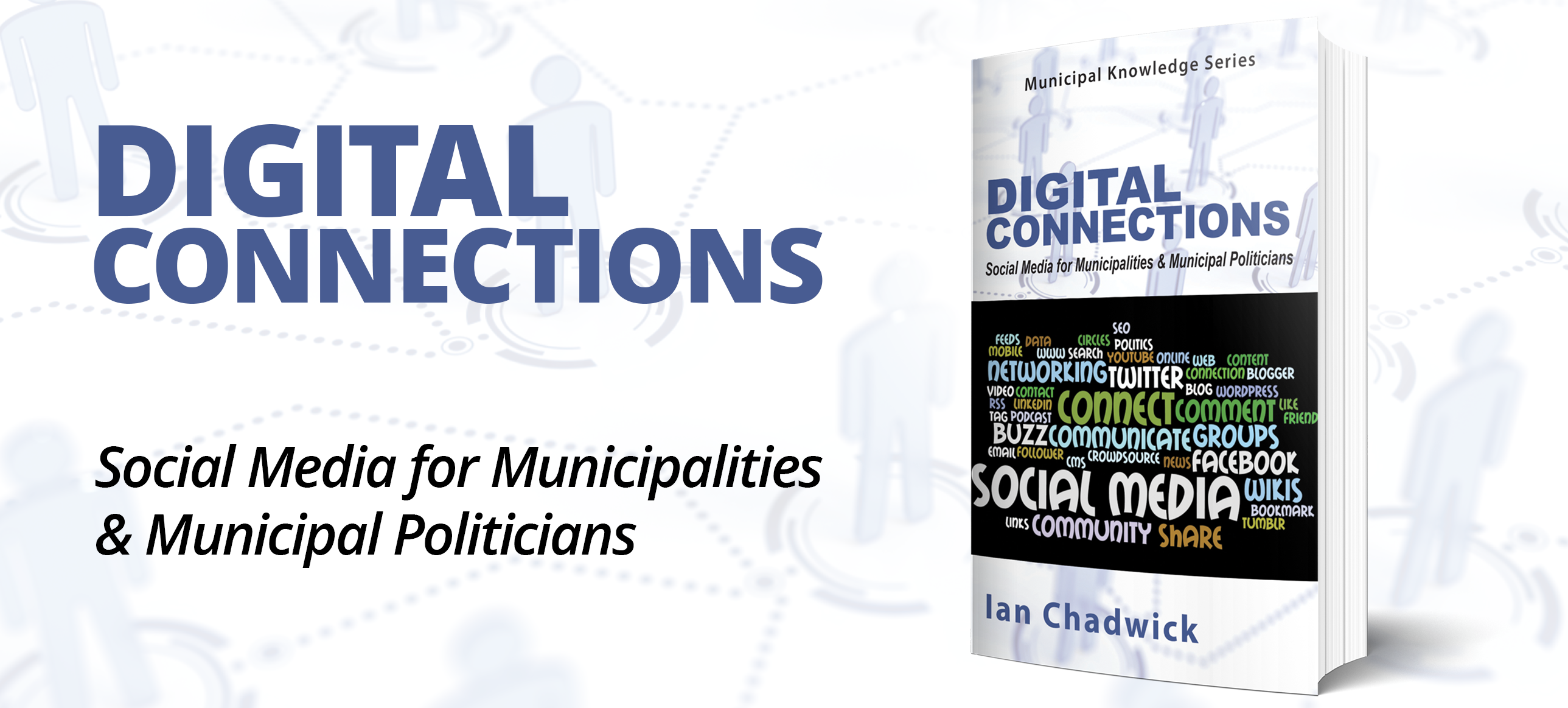Critics say mayor’s changes to Vancouver’s parks board would erode democracy
 Mayor Ken Sims and his ABC Vancouver party, which holds a majority of the seats on council, want the province to allow them to remove the city’s elected park board. Photo: Adobe Stock
Mayor Ken Sims and his ABC Vancouver party, which holds a majority of the seats on council, want the province to allow them to remove the city’s elected park board. Photo: Adobe Stock
On Dec. 13, Vancouver city councillors approved Mayor Ken Sim’s motion asking the B.C. government to amend the city’s charter. The mayor and his ABC Vancouver party, which holds a majority of the seats on council, want the province to allow them to remove the city’s elected park board.
In early December, Sim announced the plan to ask the provincial government to amend the Vancouver Charter.
“We are going to take the long overdue step that will ensure our parks and recreation facilities will serve our communities to their fullest potential,” Sim told reporters at a press conference. “This change is about managing these spaces more effectively, not about compromising them.”
Dissenting Opinions Remain
However, not everyone is convinced by the mayor’s decision, including members of his ABC party.
Having an elected parks board has “allowed the city over time to have the most unique and incredible public access to nature, like beaches, forests and parks,” said Brennan Bastyovanszky, parks board commissioner. “Make no mistake about it, abolishing the Park Board is an erosion of democracy and the centralization of power.”
Bastyovanszky and fellow ABC commissioners Laura Christensen and Scott Jensen had been embroiled in political divisions with the park board’s other ABC commissioners in the months leading up to Sim’s announcement.
On Dec. 5, ABC commissioners were summoned to a meeting with the mayor. At the meeting, Sim told them he planned to announce he would seek to axe the elected board. The next day, the mayor publicly announced his plan.
“It’s become abundantly clear that the structure of the elected park board is broken,” Sim said. “We’re going to ask the province to allow us to get rid of the requirement for an elected park board and roll it into regular city operations. This change is about managing these spaces more effectively, not about compromising them.”
However, Bastyovanszky said that the plan “puts so much of what we love in the city at risk.” He was also critical of the city’s lack of funding for the park board.
“Eighteen per cent increase in property taxes and almost nothing of that increase when to parks,” Bastyovansky said. “If they don’t have time now to focus on parks, will they have more time once it’s rolled up into city?”
How Park Board Works
The Vancouver Board of Parks and Recreation works differently from most across Canada. It is the only parks board in the country that is elected. It is made up of seven commissioners, who are elected at large by the public to serve a four-year term. The chair and the vice chair are in turn elected by the commissioners for a one-year term. The commissioners set the vision and policy that guides the Park Board’s services and programs.
Vancouver’s parks board was initially created in 1889 to oversee the city’s newly established Stanley Park. Three years earlier, the federal government granted the 380-hectare area to the City of Vancouver to use as a park.
Sim did include a promise to get rid of the elected parks board in his 2018 mayoral campaign. However, he lost that election to former mayor Kennedy Stewart. And the promise was not included in the ABC platform during the 2022 election.
After the mayor’s announcement, Bastyovanszky issued a statement at Vancouver’s Queen Elizabeth Park.
“For 135 years the park board has been the voice of small local democracy in Vancouver,” he said. “I made a promise, along with all the ABC commissioners and ABC councillors, to keep the park board independent of the city. It’s what the party ran on.”
What Comes Next
The biggest question that remains is how the provincial government in going to respond, and whether they will agree to Sim’s request to alter Vancouver’s charter. A decision isn’t expected for some months, but comments by the Ministry of Municipal Affairs suggest the government is likely to agree to agree.
In a brief statement, the ministry said, “This is a decision for Vancouver City Council. We will take the necessary steps to implement the decision of their elected city council.”
If the provincial government agrees to the mayor’s request and changes the charter, that would mean the end of Vancouver’s 133-year-old elected park board. MW
✯ Municipal World Executive and Essentials Plus Members: You might also be interested in Sarah Munro’s article: Fearless leaders embracing conflict to embrace urban parks.
Ibrahim Daair is staff writer at Municipal World.
Related resource materials:



